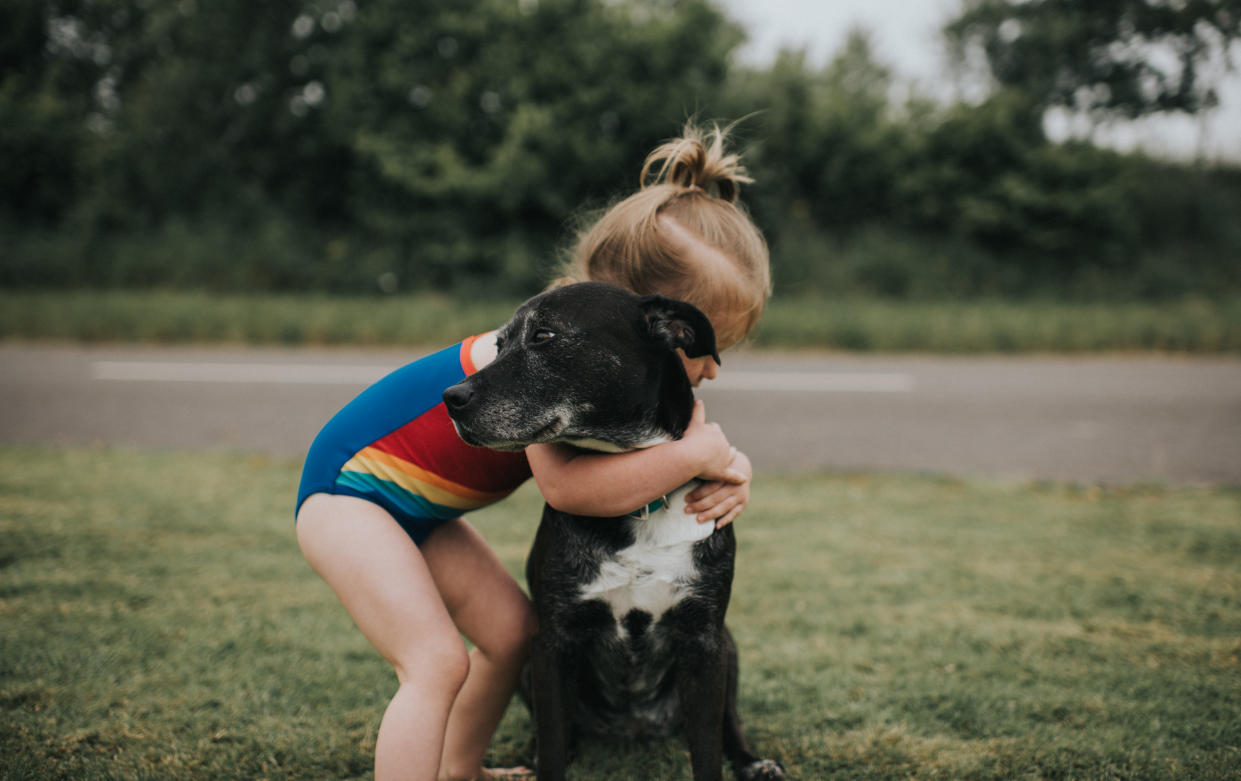Children who grow up with a dog 'are better behaved', new research suggests

Children who grow up with a dog in their house tend to be better behaved and more considerate than children who don’t, research has found.
Researchers from the University of Western Australia and the Telethon Kids Institute analysed questionnaire data from 1,646 households with children aged two to five.
Children from dog-owning households were 23% less likely to have difficulties with emotions and social interaction, and 30% less likely to indulge in antisocial behaviour.
The children were also 34% more likely to engage in considerate behaviour such as sharing toys.
Read more: Dog rescuer who smashed car window ‘won’t face police action’
Associate Professor Hayley Christian, the corresponding author, said: "While we expected that dog ownership would provide some benefits for young children's wellbeing, we were surprised that the mere presence of a family dog was associated with many positive behaviours and emotions."
Joining the family dog on walks and playing with the dog also seemed to offer benefits, the researchers concluded.
Those who joined their family on dog walks at least once per week were 36% less likely to have poor social and emotional development than those who walked with their family dog less than once per week.
Children who played with their family dog three or more times per week were 74% more likely to regularly engage in considerate behaviours than those who played with their dog less than three times per week.
Read more: Pet owner slammed over makeshift dog carrier on car
Professor Christian said: "Our findings indicate that dog ownership may benefit children's development and wellbeing and we speculate that this could be attributed to the attachment between children and their dogs.
“Stronger attachments between children and their pets may be reflected in the amount of time spent playing and walking together and this may promote social and emotional development."
The authors analysed data collected between 2015 and 2018 as part of the Play Spaces and Environments for Children's Physical Activity study.
Out of the 1,646 households included in the study, 686 (42%) owned a dog.
The authors caution that due to the observational nature of the study they were not able to determine the exact mechanism by which dog ownership may benefit social and emotional development in young children, or to establish cause and effect.

 Yahoo News
Yahoo News 

